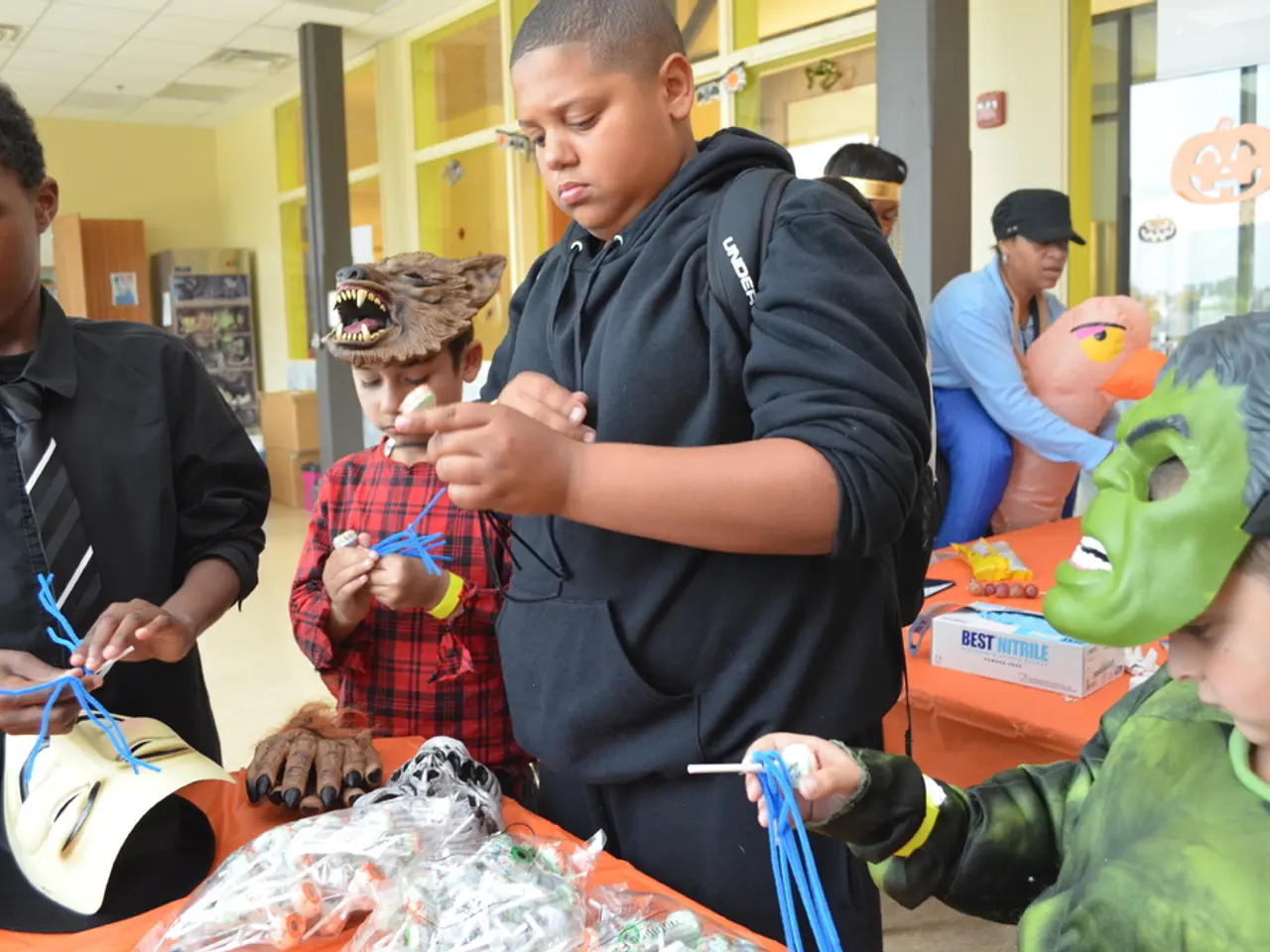Embrace Facemasks to Protect Our Children's Wellbeing.
The Covid-19 pandemic has drastically changed the world dynamics, and the education sector is no exception. As the world grapples with the virus, the question of safely reopening schools has become a pressing concern.
To ensure a safe reopening, mitigation strategies like enforcing mask use, regular disinfecting and cleaning, practicing physical distancing, and staying home if unwell are essential. These measures, proven effective in controlling the spread of Covid-19, provide a foundation for a safe learning environment.
However, the closure of schools worldwide has had a significant impact on children's social, emotional, and behavioral development, as well as their academics. Prolonged school closure can have detrimental effects, particularly limiting significant social interactions that help develop critical emotional and social skills.
Distance learning, an alternative to compensate for the educational loss, is not without its challenges. It is particularly challenging for students with behavioral issues, developmental delays, cognitive dysfunction, disabilities such as autism, attention deficit hyperkinetic disorder, hearing difficulties, visual limitation, and learning disabilities. Not all children have the support and resources to benefit from this option.
Moreover, many low-income families cannot facilitate distance learning due to limited or no access to a computer or internet. They are solely dependent on the support of school-based services for their child's academic progression.
In contrast, the in-person school environment contributes to many things other than just providing education. It supports social and developmental skill sets, peer relationships, and ensures a safe learning environment. In-person schooling also provides access to mental health and social services such as occupational therapy, speech and language therapy, and school counselors.
Mental health and psychosocial support should be a core component of the public health response during the Covid-19 pandemic to protect the mental health and psychological wellbeing of children. The lack of in-person teaching mode has disproportionately harmed children belonging to low-income and minority groups, and those living with a disability.
The benefits of in-person schooling outweigh the risks, even though children of all ages can have Covid-19 infection and have the tendency to spread the infection. Children who reside in unsafe living arrangements and neighborhoods are exposed to physical, sexual, and emotional abuse and maltreatment, and school staff reported more than one-fifth of reported child abuse cases in 2018.
People are protesting the face mask mandate, considering it as an infringement of their right to live freely and decide for themselves. However, the National School Lunch Program benefits more than 30 million children, and the School Breakfast Program benefits around 15 million children. Extended school closure makes it challenging to maintain such programs.
In conclusion, while the pandemic presents unique challenges, the benefits of in-person schooling are undeniable. It is crucial to implement mitigation strategies to ensure a safe reopening, prioritise mental health support, and address the digital divide to ensure all children have equal opportunities to learn and grow.
Read also:
- AdaptationWeek for Combating Climate Change
- Method for Eradicating Algae and Diatoms in a Reef Aquarium - Copepods as a Solution
- Researchers delve into unexplored territories of cardiovascular wellness with the Apple Watch
- Enhancing Vaginal Health through Probiotics: Top Strains for Maintaining pH Levels




